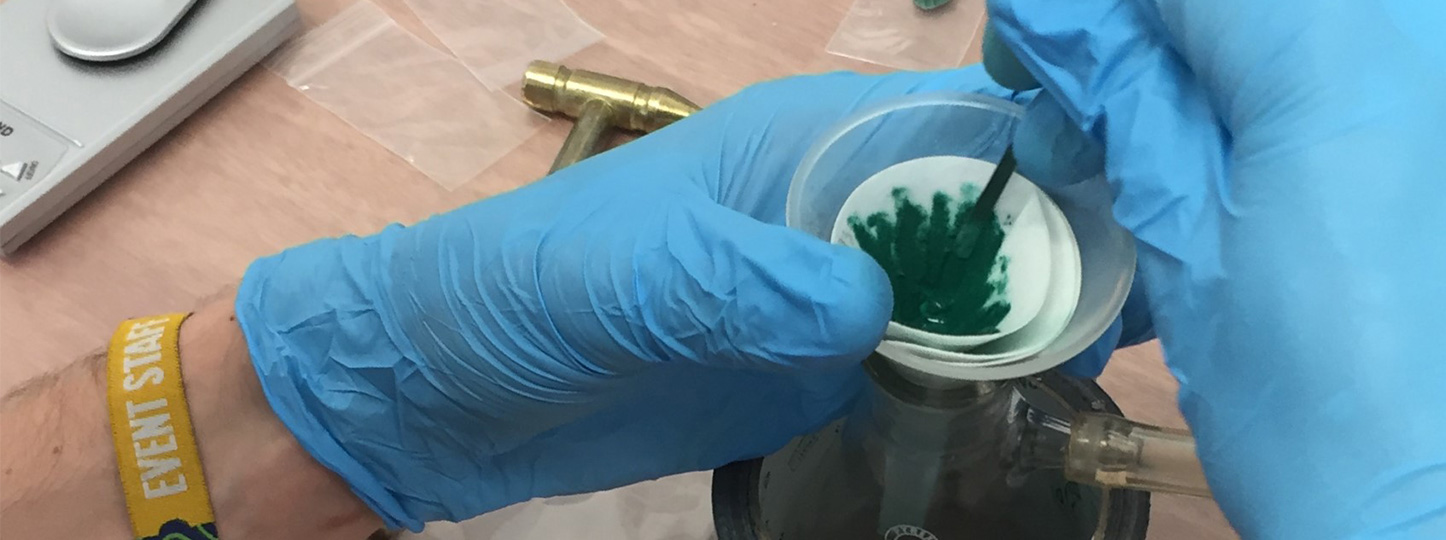
New evidence of positive outcomes from festival drug checking: expert comment
A new study into the efficacy of drug checking services at festivals has been published in the UK.
An expert from RMIT University is available for comment following a new study into the efficacy of drug checking services at festivals, published in the UK overnight.
More than 90% of participants who completed a follow-up survey to a drug checking service said the intervention influenced their subsequent behaviour, the University of Liverpool research reveals.
It comes as the Victorian coroner last month recommended we adopt drug checking services to help prevent drug deaths. You can read the coroner’s recommendations and the new research paper.
RMIT University drug policy expert Dr Monica Barratt made recommendations to the coronial inquest and can provide expert reaction to the growing evidence base for drug checking.
Dr Monica Barratt (0407 778 938 or monica.barratt@rmit.edu.au)
Topics: drug policy, drug use patterns, psychedelics, harm reduction, drug checking
“Last month, following an inquest into five deaths from unexpected novel substances, the coroner recommended that drug checking services be implemented urgently in Victoria to prevent similar deaths.
“Overnight, an important peer-reviewed paper was published by RMIT visiting fellow and University of Liverpool Chair in Criminology Professor Fiona Measham, which adds to the evidence supporting drug checking.
“Of those whose substance was not as expected, more than half reported handing over the substance for destruction or discarding any that remained, when asked at the festival and in the follow-up questionnaire (50% and 53% respectively).
“For participants whose substance was as expected, more than one-third reported intending to, and recollected having taken, a smaller dose following engaging with the drug checking service when asked onsite, and in the follow-up questionnaire (38% and 42% respectively).
“Overall, of those who were followed up three months after using the service, almost all (92%) reported the advice they received made a difference to their drug taking behaviour.
“One of the criticisms of the existing evidence on drug checking is that much of it relies on self-report of intended actions. This paper is the first to follow up service users and demonstrates a strong concordance between intended and actual reported actions.
“The evidence base could still be strengthened by higher follow-up rates, the direct measurement of harms rather than behaviours associated with harms, and comparison with control groups; however, such research designs would require better data collection of harms on-site, increased funding and fuller legal amnesty.
Dr Monica Barratt is a Vice-Chancellor's Senior Research Fellow in the Social and Global Studies Centre at RMIT University. Her research investigates psychoactive drug use in digital society through multiple disciplines, including sociology and criminology alongside epidemiology and public health.
The University of Liverpool’s Professor Fiona Measham, corresponding author of the paper and RMIT visiting fellow, said the study shed light on the decision-making process for drug users.
“We can see that, by and large, people are considerate and careful. It really challenges some of the biggest stereotypes about drug users and young adults,” she said.
The open-access paper can be found at: https://doi.org/10.1016/j.drugpo.2021.103270.
***
Interviews on Australian perspective: Dr Monica Barratt, RMIT Vice-Chancellor's Senior Research Fellow, 0407 778 938 or monica.barratt@rmit.edu.au.
Interviews from corresponding author of the paper and UK perspective: Professor Fiona Measham, University of Liverpool and RMIT University visiting fellow, F.Measham@liverpool.ac.uk
General media enquiries: RMIT Communications, 0439 704 077 or news@rmit.edu.au.
- Research
- Society
Acknowledgement of Country
RMIT University acknowledges the people of the Woi wurrung and Boon wurrung language groups of the eastern Kulin Nation on whose unceded lands we conduct the business of the University. RMIT University respectfully acknowledges their Ancestors and Elders, past and present. RMIT also acknowledges the Traditional Custodians and their Ancestors of the lands and waters across Australia where we conduct our business - Artwork 'Sentient' by Hollie Johnson, Gunaikurnai and Monero Ngarigo.